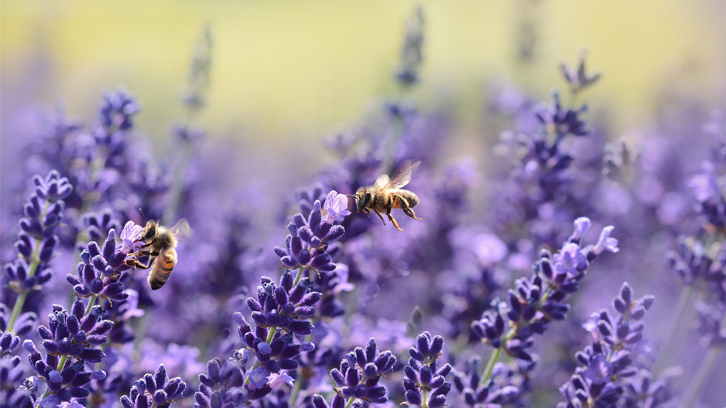Extreme Weather Events, Atmospheric Biodiversity and Human Health

The project “New TEChnologies for the study of the diversity and dynamics of aeroBIOlogical components and for their forecast based on METeorology (TECBIOMET)” (CTM2017-89565-C2-1-P) recently received a grant from the Spanish Ministry of Economy and Competitiveness through its “National Program for Fostering Excellence in Scientific and Technical Research”. ICTA-UAB researchers Victor Sarto i Monteys and Concepción de Linares participate in the project, which is coordinated with researchers from the Department of Physics at the UPC, led by Marta Alarcón. The project is carried out in collaboration with researchers from the Remote Sensing Laboratory at the UPC and the Department of Earth Sciences at the Barcelona Supercomputing Center (BSC).
The TECBIOMET project proposes to study the contribution of elements from biological origin such as pollen, spores, allergens and microarthropods in the aerosol present in the atmosphere, using standardized methodologies together with experimenting with new and promising techniques, with the aim of making a diagnose of the biodiversity and of the effect of the meteorology on it (with special focus on extreme events) and for the prediction of changes in the environment and possible affectations on human, animal and plant health (diagnostic, prevention and treatment of respiratory allergies, diseases and pests).
The project has a marked interdisciplinary character and aims at 4 relevant aspects, that could be developed independently, in a complementary form, but that, worked in a coordinated manner, generate a bigger scientific and social benefit because the results of one aspect are the input in another and the latter, in turn, contribute to building knowledge and establishing predictions on the firsts.
- New technologies for the study of the diversity and dynamics of aerobiological components. As detailed in the abstract of the Subproject 1, two new aerobiological sampling methods will be used: MCV high volume trap (for allergens and microarthropodofauna) and aerobiological drones patented by the PI of the coordinated project and other 2 members of the research team (for all type of biological components).
- Extension of the aerobiological (pollen and spores) database initiated in 1994 and based on the internationally standardized methodologies, with 9 active sampling stations (Barcelona, Bellaterra, Girona, Lleida, Manresa, Planes de Son, Roquetes-Tortosa, Tarragona and Vielha). It constitutes the biggest aerobiological database held by a single research group, and its maintenance in active is fundamental for the study of the effects of the climate change and the global change not only regionally but also at the European scale. Constitution of a database on allergens and microarthropods.
- Study of the dynamic and physic processes of the air masses, innovating in the sense that we incorporate specially those associated with extreme meteorological (temperature and precipitation) episodes in the Iberian Peninsula, and the analysis of their effects on the dynamics of airborne pollen, spores, allergens and microarthopodes.
- Development and validation of an operational model for the prediction of aerobiological components (beginning with pollen) equipping the chemical transport model NMMB-MONARCHv1.0 (formerly known as NMMB/BSC-CTM) with a module for a real-time forecast and diagnosis for pollen. The model will be evaluated with the results of aerobiological observations at an hourly resolution as well as with sophisticated laser scanning techniques (LIDAR) that provide information on the vertical profile and the physical characteristics of pollen.
The execution of TECBIOMET will benefit from the use of worldwide innovative sampling and analyzing methodologies and from consolidated modeling techniques that are successfully applied in atmospheric chemistry for gases and aerosols. In the frame of the project knowledge transfer activities will be promoted, not only those purely scientific but also outreach ones.
References
New TEChnologies for the study of the diversity and dynamics of aeroBIOlogical components and for their forecast based on METeorology (TECBIOMET)

